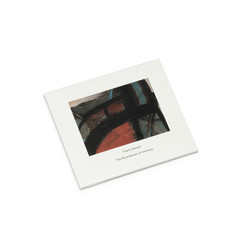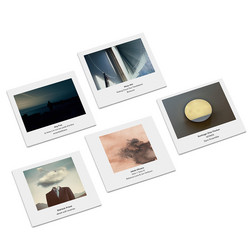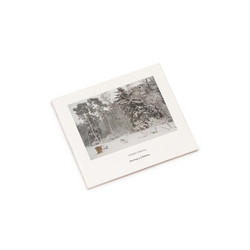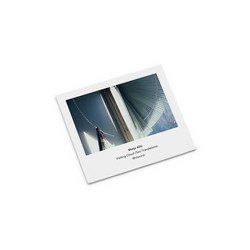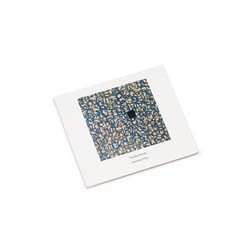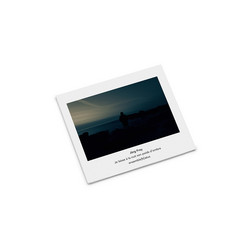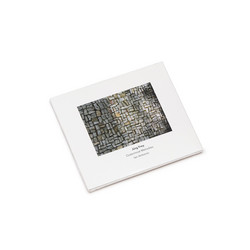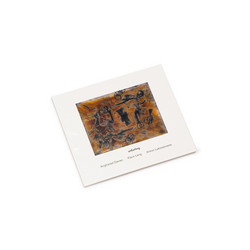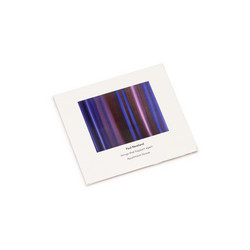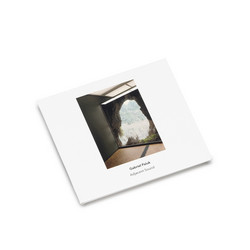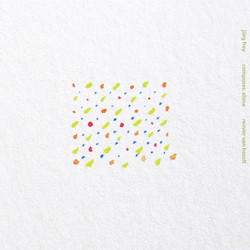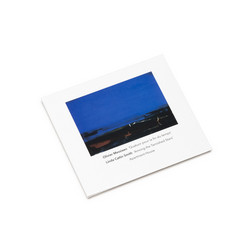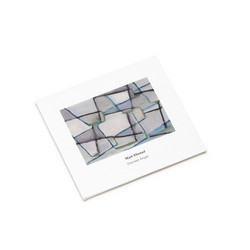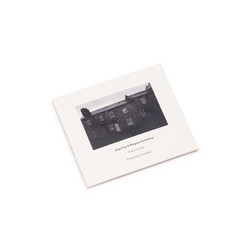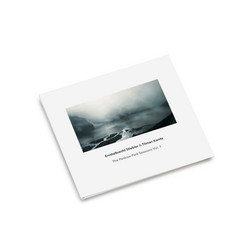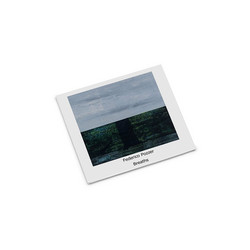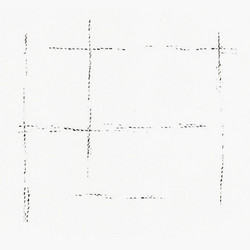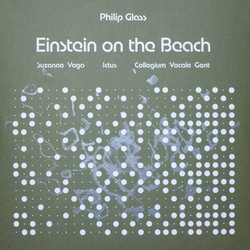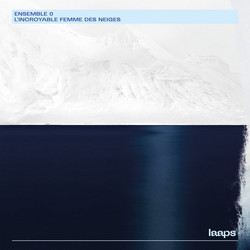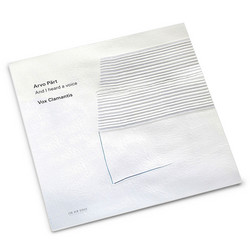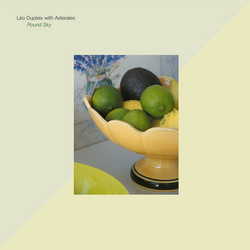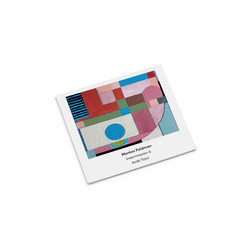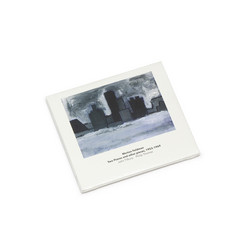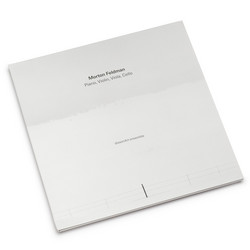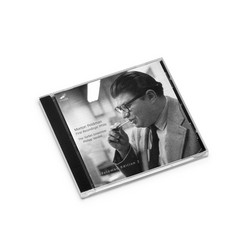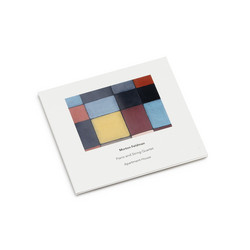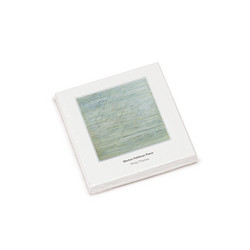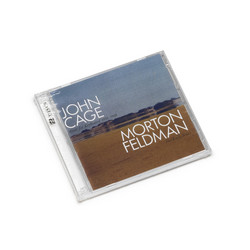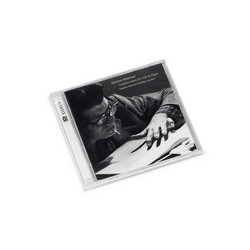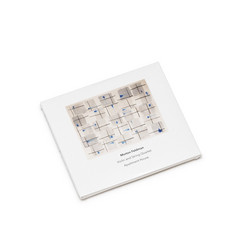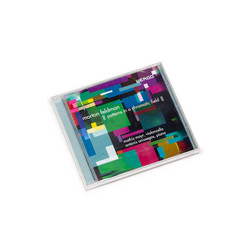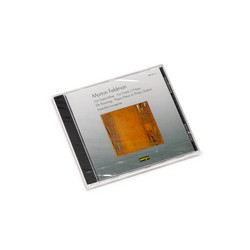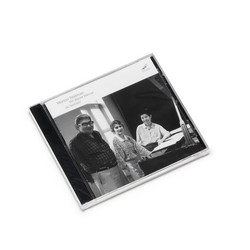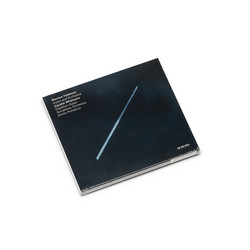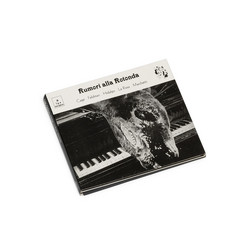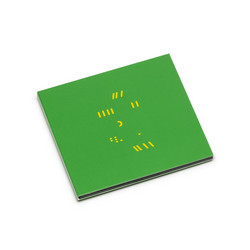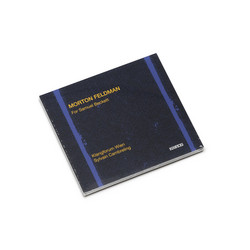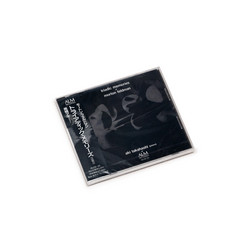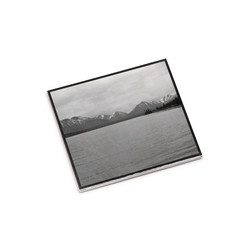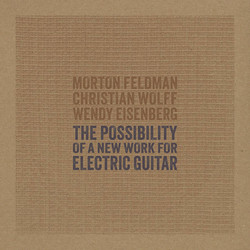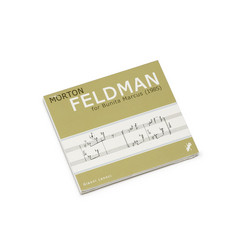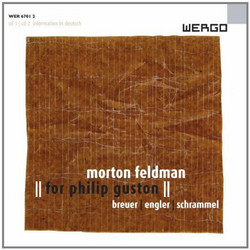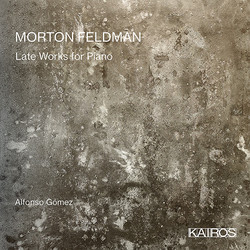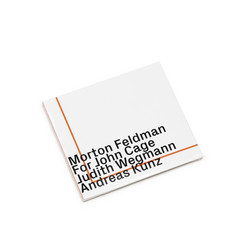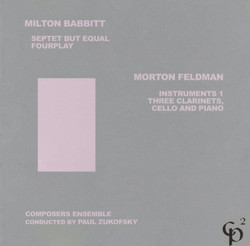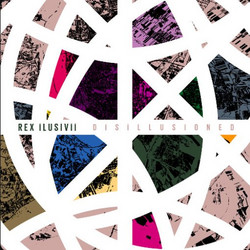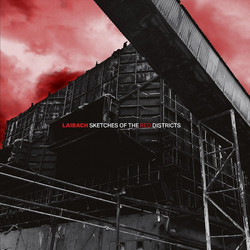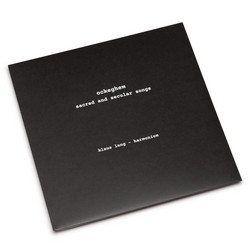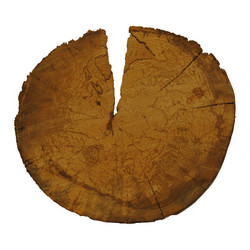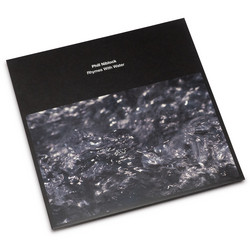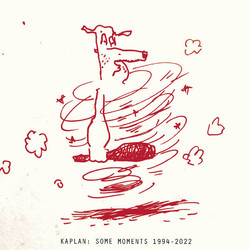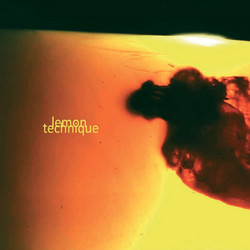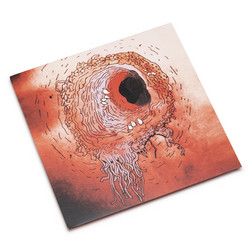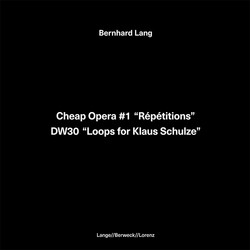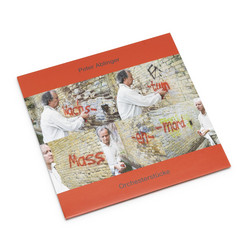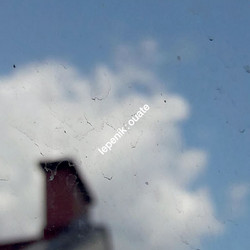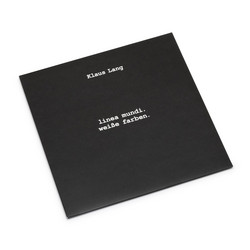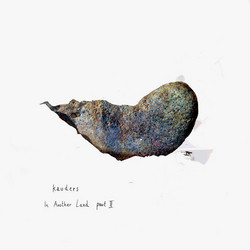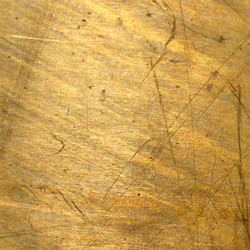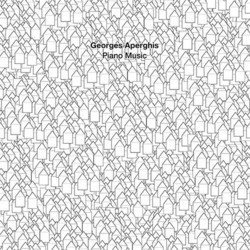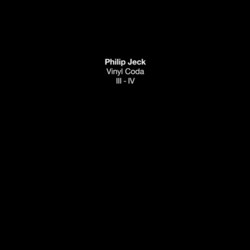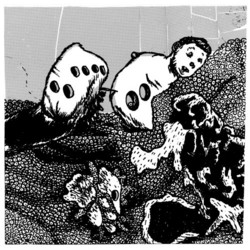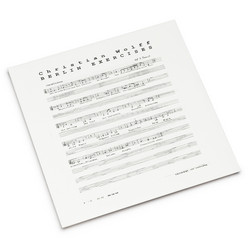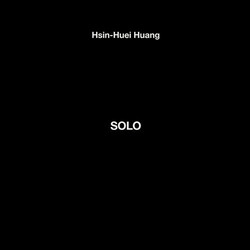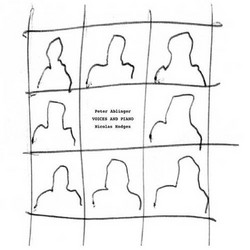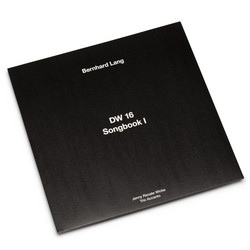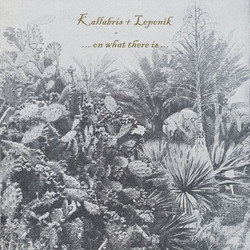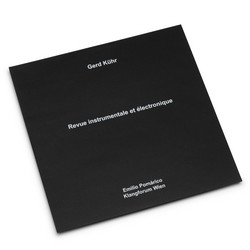Morton Feldman
String Quartet II (6LP Box)
* 2021 Stock ** During the decades following the Second World War, all eyes shifted toward New York, a city which, at that moment, played host to some of brightest creative minds of the century. Innovations were abound. Visual artists, writers, thinkers, musicians, and composers continuously pushed into previously unthinking ground. While the United States had been previously known to give birth to a wild and distinct breed of composer, from Charles Ives to Nancarrow, Harry Partch, Cowell, and beyond, something different was afoot. For the first time the county saw a new generation take the reins of the international vanguard. At the forefront of this shift was a small cluster of musical visionaries called the New York School, steered by John Cage, Christian Wolff, Earle Brown, and Morton Feldman.
Of the four, Feldman stands slightly apart. He is less easy to categorise and pin down - out on his own, while equal in his relentlessly radicalism, laying a bedrock within the development of indeterminate music. Given his legacy, it could be argued that he is the most important of all. It was Feldman more than Cage who offered key foundations for the growth of Minimalism, the next generation to take up the reins. Feldman’s legacy is marked by paradox - hobbled by the very elements which made his work so remarkable and distinct - subtlety, constraint, and duration. The longer his works got, the harder it became to reach the public. Concerts were rare. Very few recording emerged during his lifetime. For the average record label, his output was too much to release in on LP, leaving vinyl fans scratching in the dust for decades. Fortunately that is all beginning to change, with the issue of his monumental String Quartet (II), a deluxe 6 LP edition, played by Pellegrini Quartet, and issued by God Records. It’s an incredible thing indeed, and decades overdue.
Composed in 1983, String Quartet (II) encounters Feldman in his late career and and at the height of his astounding powers. Like much of the work which immediately proceeded it, the work is built around repeating patterns, often surfacing within the composition without preparation, which are sustained before abruptly moving on. Some return. Some do not - pat of the larger body of the composer’s enduring concern with the interplay of “reiteration” and “change”.
Like all late Feldman, String Quartet (II) rides the line between and extended, explicit challenge to the ear and mind, played against profound beauty. Resonances, delicate interplay, complex structure and tonal relationships soar across these 12 sides realised by Pellegrini Quartet - Antonio Pellegrini andViolin Thomas Hofer on Violin, Fabio Marano and Viola Helmut Menzler on Violoncello, in what is the work’s first ever issue on vinyl. As historically important as they come, issued in a tiny edition edition of 300 hundred. A must for any fan of Twentieth Century Classical music and the avant-garde. This one is going to be gone in a blink and hunted for years to come.
Composed in 1983, String Quartet (II) encounters Morton Feldman in his late career and and at the height of his astounding powers. Like much of the work which immediately proceeded it, the work is built around repeating patterns, often surfacing within the composition without preparation, which are sustained before abruptly moving on. Some return. Some do not - pat of the larger body of the composer’s enduring concern with the interplay of “reiteration” and “change”.
As historically important as they come, issued in a tiny edition edition of 300 hundred. A must for any fan of Twentieth Century Classical music and the avant-garde. This one is going to be gone in a blink and hunted for years to come.
Antonio Pellegrini, Violin
Thomas Hofer, Violin
Fabio Marano, Viola
Helmut Menzler, Violoncello
